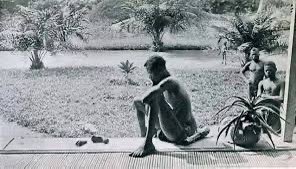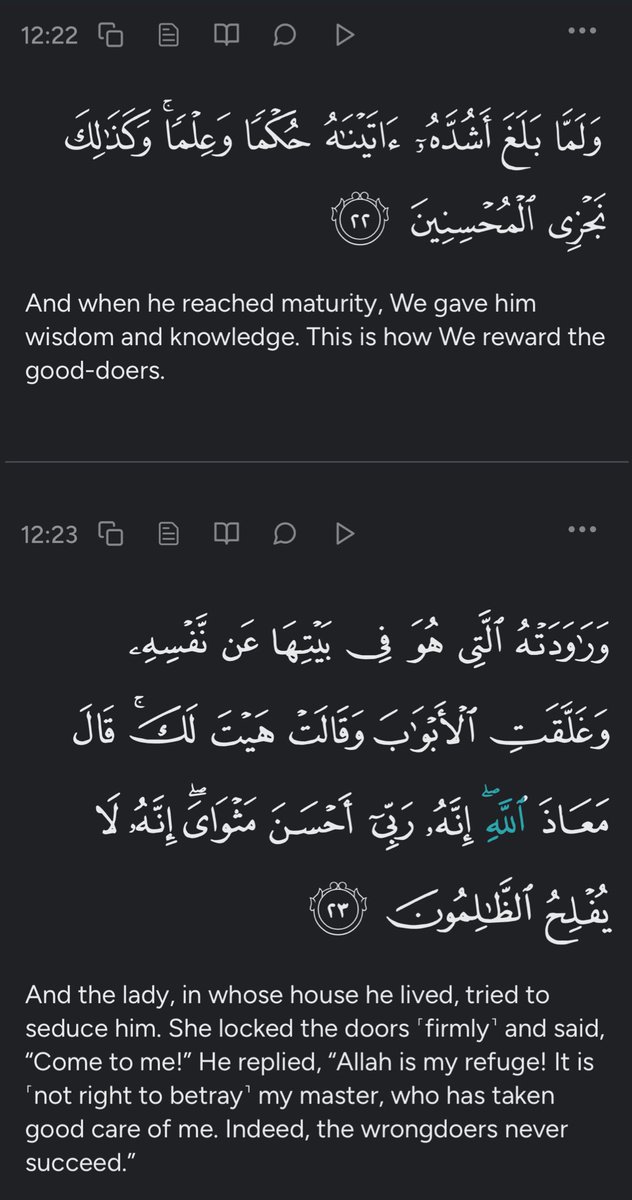
How to get URL link on X (Twitter) App


https://twitter.com/mattmorsetv/status/2003496501650342370
 Congolese father stares at the severed hands and feet of his 5 year old after he failed to meet the rubber quota. Colonized by leopold of Belgium
Congolese father stares at the severed hands and feet of his 5 year old after he failed to meet the rubber quota. Colonized by leopold of Belgium 

 …usefulness had fully formed. This is a civilizational law, not just a biographical detail: power does not waste seduction on the broken, it targets the capable. Yusuf is not tempted in the well or in slavery, but in the palace, because temptation is the final technique used…+
…usefulness had fully formed. This is a civilizational law, not just a biographical detail: power does not waste seduction on the broken, it targets the capable. Yusuf is not tempted in the well or in slavery, but in the palace, because temptation is the final technique used…+
https://twitter.com/kasurianmag/status/1985309915468947532…to knowledge, and the subjugation of Muslim societies to global capitalist logics. By neglecting to foreground how colonial and post-colonial structures redefined the very conditions of intellectual and civilizational possibility, the argument risks reducing the crisis of…+
https://twitter.com/lebcommie/status/1978139347875500462…attempts to redeem man through the reorganization of material relations, while the liberal reformer seeks freedom in the reorganization of moral or political ones. Yet both remain entrapped within the same dialectic, merely shifting weight from one end of the seesaw to the…+

 …reclaiming tawḥīd as the axis of liberation, a truth that does not merely exist in the abstract but dismantles the idols of self, capital, and state that dominate modern life. For him, tawḥīd is both a cosmic orientation and a political rallying point, grounding the…+
…reclaiming tawḥīd as the axis of liberation, a truth that does not merely exist in the abstract but dismantles the idols of self, capital, and state that dominate modern life. For him, tawḥīd is both a cosmic orientation and a political rallying point, grounding the…+